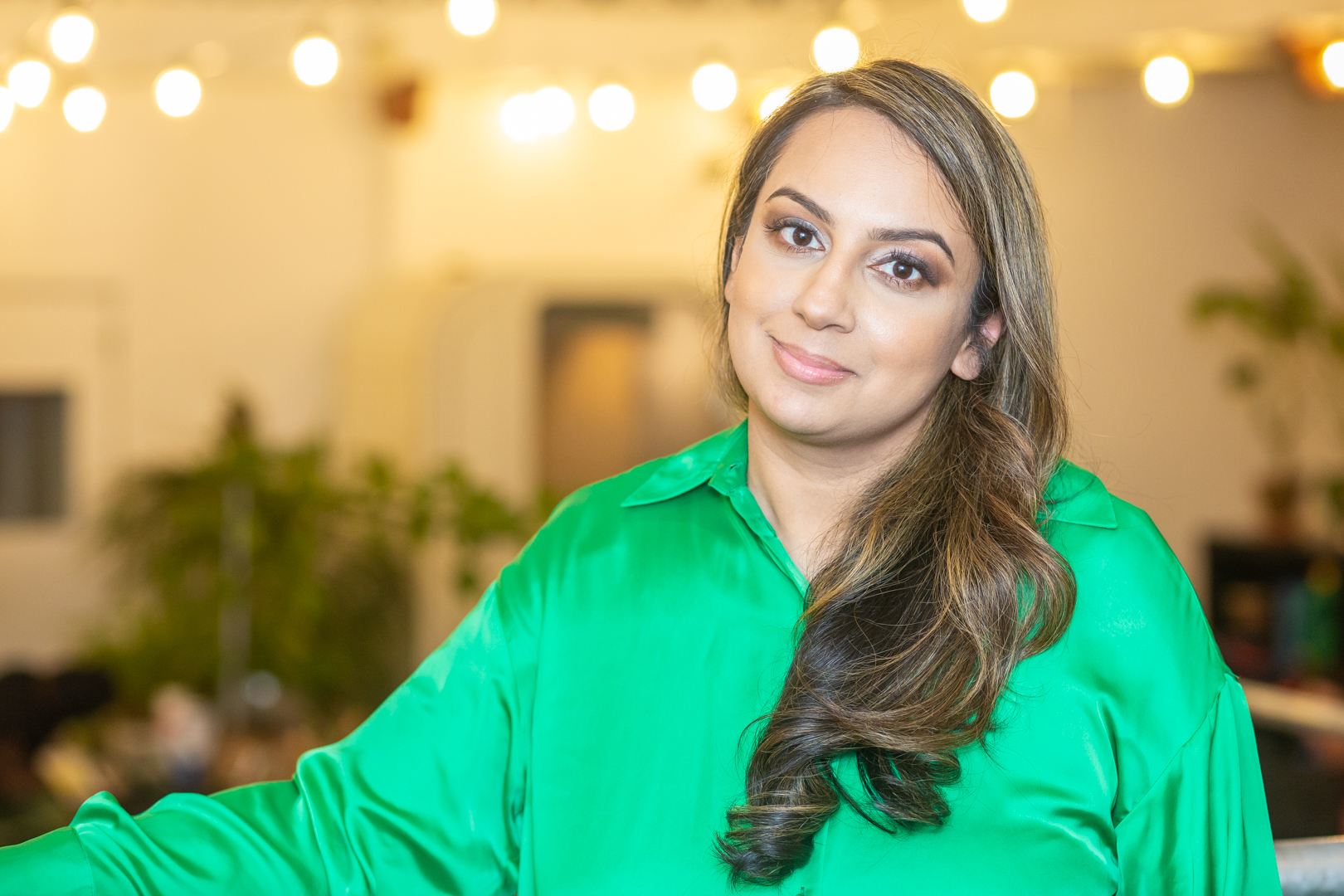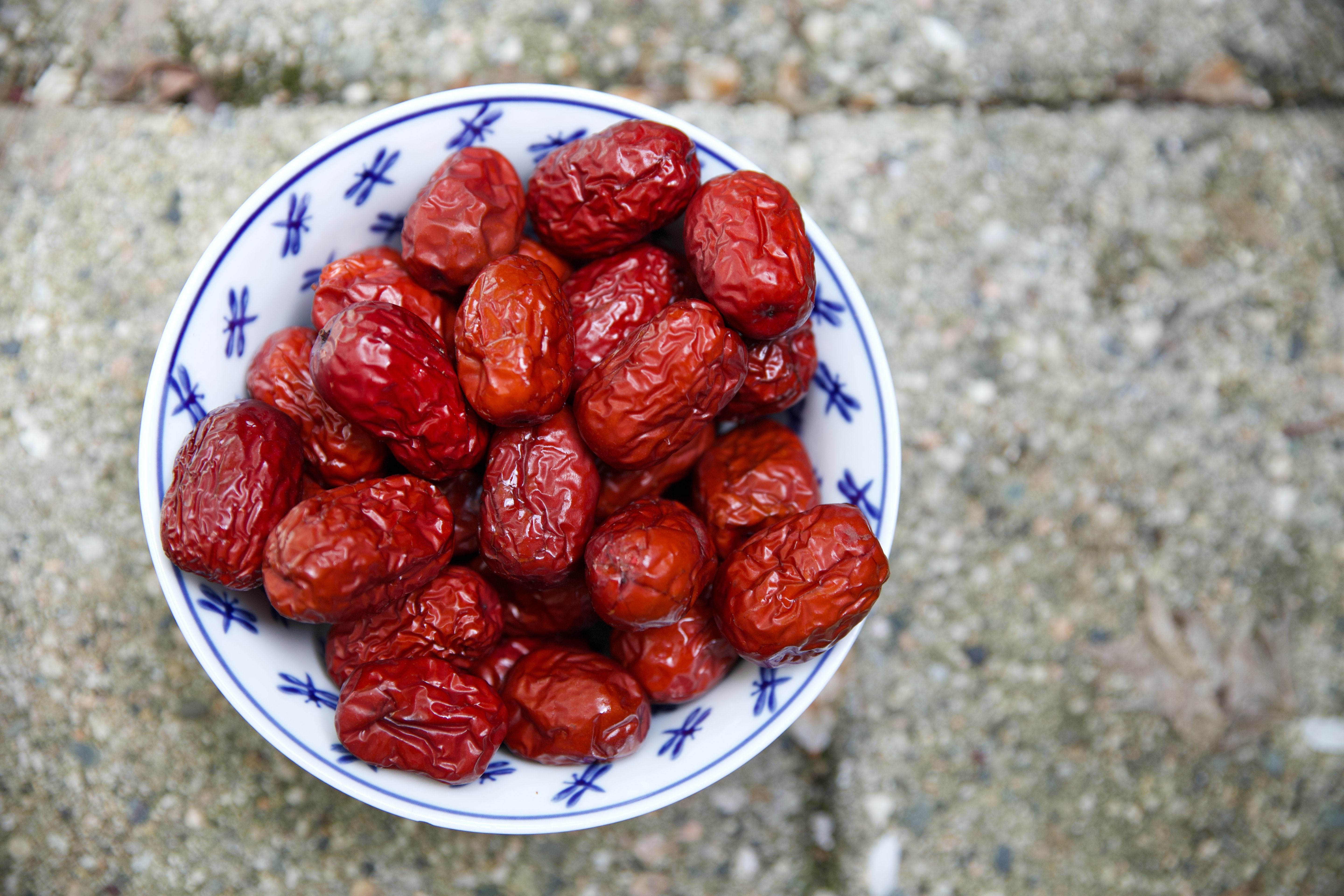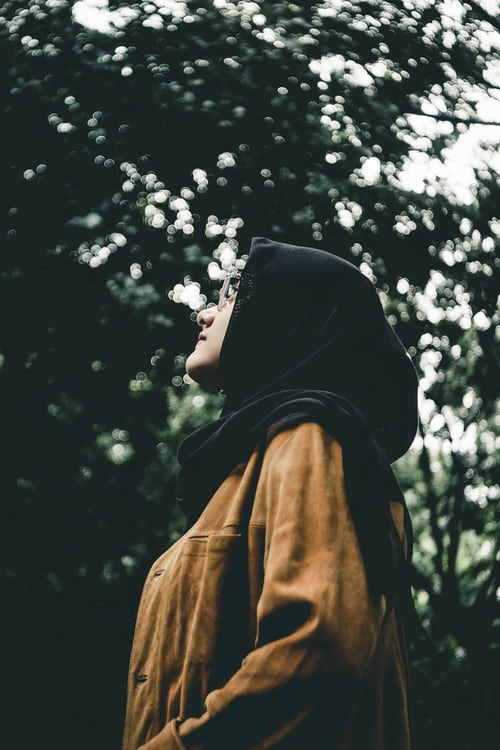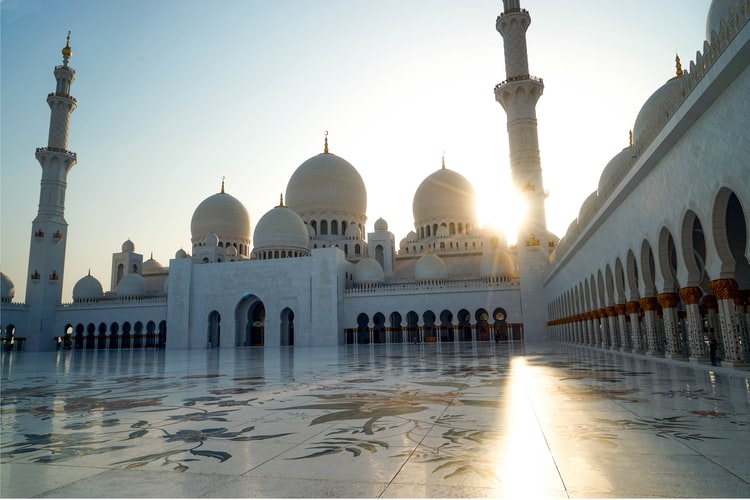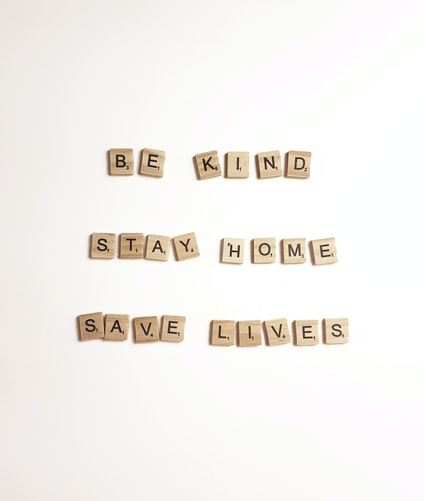As the coronavirus sweeps the globe and paralyses life, the lockdown has upended several religious festivities and traditions including Easter, Passover and Vaisakhi and the upcoming festival of Ramadan will be no different. This week as the nearly two billion strong Muslim community across the world gears to embrace the blessed and highly anticipated month of fasting, many grapple with mixed emotions as they respectfully embrace curtailed rituals.
With social distancing measures and lockdowns enforced across hundreds of countries, Muslims have been strictly advised to stay at home. The month is traditionally a time of communal prayers (tarawihs) and congregational meals (suhoor and iftaar). Over the past many years several interfaith Iftars have taken place all over UK but it won’t be happening this year.
The Muslim Council of Britian (MCB) has published guidance on celebrating the month to help Muslims cope with the restrictions of lockdown and has included suggestions such as live streaming of religious sermons and virtual iftars. Harun Khan, Secretary General of the MCB said: “The message for this Ramadan is clear: ‘’Fast and pray at home and share Ramadan digitally. This is the way to help save lives.” The MCB has advised Muslims to ‘honor their workplace duties with patience and good grace to those around them’ but has also warned that a refusal by employers to allow flexibility in work timings for fasting employees without a legitimate business reason could amount to unlawful indirect discrimination.
The World health organisation, too, has issued advice on safe Ramadan practices in which they have strongly advised cancelling of social and religious gatherings and recommended that any decision for holding a mass gathering should be based on a standardized risk assessment exercise. People have been asked to practice physical distancing by strictly maintaining a distance of at least 1 metre (3 feet) from each other and use of culturally and religiously sanctioned greetings that avoid physical contact, such as waving, nodding, or placing the hand over the heart have been encouraged. The document also points out that no studies of fasting and risk of COVID-19 infection have been performed. However, healthy people should be able to fast during this Ramadan as in previous years, while COVID-19 patients may consider religious licenses regarding breaking the fast in consultation with their doctors, as they would do with any other disease.
World Health Organisation
Related: Praying in time of COVID-19: How world’s largest mosques adapted
Scholars around the world have been highlighting how Prophet Muhammad had advised on hygiene and quarantine centuries ago.
“Those with contagious diseases should be kept away from those who are healthy.’’
Prophet Muhammad
The advice of Muslim Prophet Muhammad has been seen adorning billboards in the United States to guide people as Washington wrestles with the novel coronavirus crisis.
“Do not enter a land where the plague (contagious ailment) has broken out; don’t leave from where it has broken out”
Prophet Muhammad
Ibn Sina known as Abu Ali Sina and often known in the west as Avicenna one of the most significant physicians, astronomers, thinkers and writers of the Islamic Golden Age, and the father of early modern medicine has also said to have recommended quarantine for patients with infectious diseases, especially tuberculosis.
He suspected that some diseases were spread by microorganisms; to prevent human-to-human contamination, he came up with the method of isolating people for 40 days. He called this method al-Arba’iniya (“the forty”). According to Wikipedia, incidents of quarantine occurred throughout the Muslim world, with evidence of voluntary community quarantine in some of these reported incidents. The first documented involuntary community quarantine was established by the Ottoman quarantine reform in 1838.
Related: What Clerics and Health Experts are saying about fasting?
More than 6,000 young British Muslims took a moment, last week, to pray for and show their gratitude to the NHS, fire brigade, police, council and voluntary workers on the front line against COVID-19.
This year Muslims need to be increasingly wary of the impact of panic buying. Renewed food shortages could unfavourably impact those that will be fasting for an entire month. The closure of mosques also means that many vulnerable Muslims in the community may no longer have access to vital meals and support to sustain themselves and their families and it is our duty to reach out to them while respecting public heath guidelines of social distancing.
In addition to the existing stress and overwhelm that the front line workers are already experiencing, Ramadan maybe doubly challenging for those who will be fasting from dawn to dusk. As a community on the whole, irrespective of our faith, now is the time more than ever, to look out for our friends, neighbors and family members with kindness and compassion. Spreading the word, creating awareness or connecting those in need with the right resource groups are some of the simple ways we can help even from the comfort of our homes. Help may include but is not limited to distribution of Ramadan baskets with non-perishable items, charitable donations, provision of Suhoor and Iftaar meals to local hospitals and the needy as well as provision of timely breaks to essential workers for prayers and recuperation. Some people support key workers or elderly people in their circle by offloading daily chores and buying grocery, providing freshly cooked meals and/or laundered clothes and linen. However, all help provided must be in line with social distancing guidelines.
Related: How can you help Muslims colleagues at workplace?
All in all even though Ramadan this year will not be the same as we know it but as Dr Emman El-Badawy, an expert on Islamic jurisprudence, aptly puts it: ‘The spirit of Ramadan will survive as so much of the essence of Ramadan can be maintained during isolation’ He further adds that even though communal practices will be missed, ‘the spiritual aspects may even be heightened for some of us, with less distractions than usual.’
I strongly believe that crucial times can bring out the best in humanity. The spirit of Ramadan is one of compassion and empathy wherein we are expected to look after one another and do what is necessary and what is right. And in this magnanimous month of selflessness and generosity, what can be more necessary and more right than to stay at home, protect ourselves, protect others and avoid causing harm to fellow human beings.

